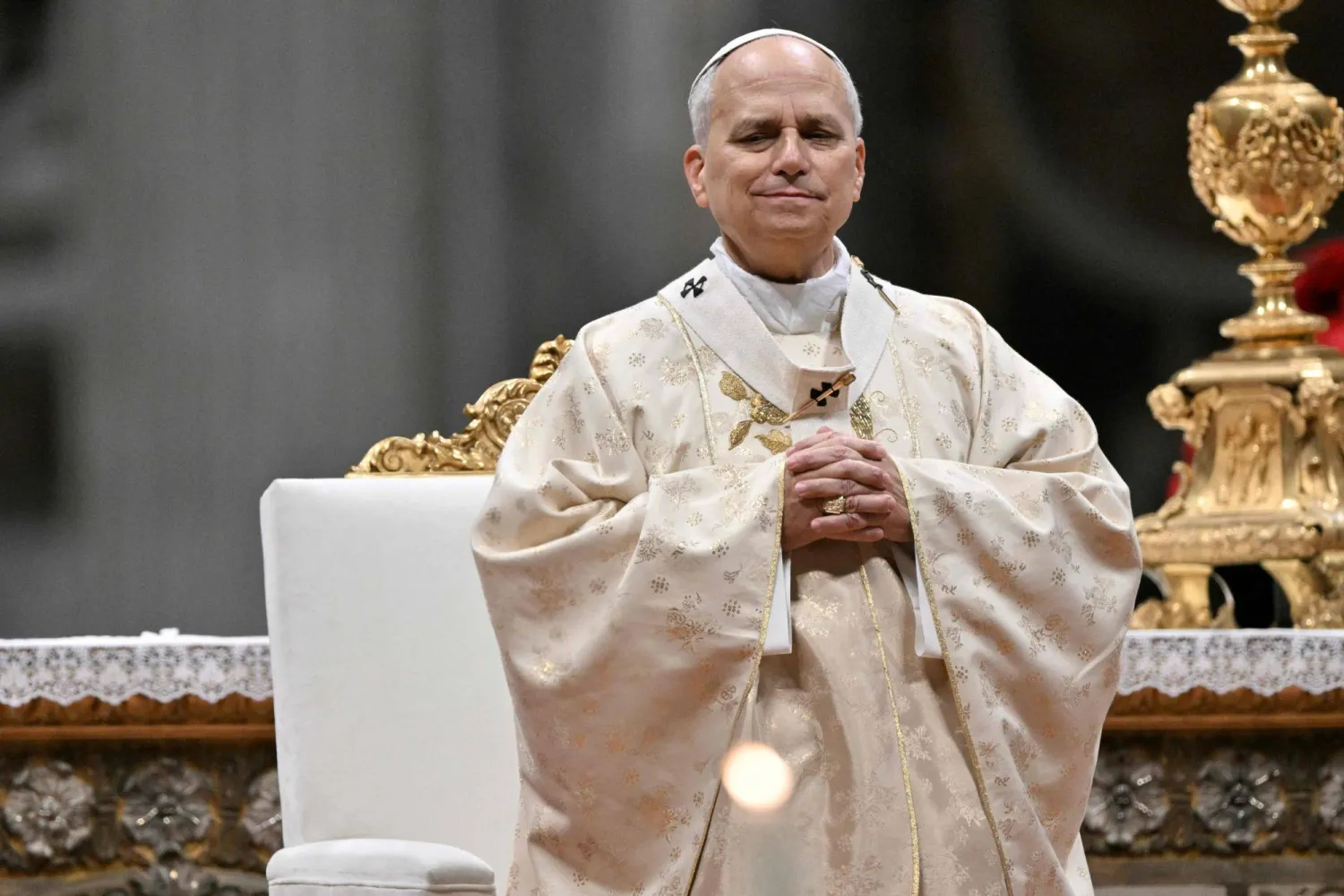A plane carrying five Americans freed by Iran landed in the United States on Tuesday, a day after they were swapped for the release of five Iranians held in the US and the unfreezing of $6 billion in Iranian funds, in a deal between the arch enemies.
CNN reported the plane had landed. The report did not provide further details.
It followed a carefully choreographed exchange, agreed after months of Qatar-mediated talks, that was triggered on Monday when the funds that had been blocked in South Korea were wired, via Switzerland, to banks in Doha.
After the transfer was confirmed, the five US prisoners plus two relatives took off on a Qatari plane from Tehran, at the same time as two of the five Iranian detainees landed in Doha on their way home. Three Iranians chose not to go to Iran.
The deal removes a point of friction between the United States, which brands Tehran a sponsor of terrorism, and Iran, which calls Washington the "Great Satan".
But it is unclear whether it will bring the two adversaries, which have been at odds for 40 years, closer on any other issues, such as Iran's nuclear program and its backing for regional militias or the US military presence in the Gulf and US sanctions.
The freed Americans include US-Iranian dual citizens Siamak Namazi, 51, and Emad Sharqi, 59, both businessmen, and Morad Tahbaz, 67, an environmentalist who also holds British nationality. Two of them have not been publicly identified.
'Humanitarian action'
US President Joe Biden welcomed the return of the prisoners home in a statement on Monday but his administration also announced fresh US sanctions.
"We will continue to impose costs on Iran for their provocative actions in the region," he said.
Iranian President Ebrahim Raisi, who was in New York for the annual UN General Assembly, called the swap a humanitarian action. "It can certainly be a step based upon which in the future other humanitarian actions can be taken," he added.
Relations between the United States and Iran have been especially bitter since 2018 when then-President Donald Trump pulled out of a deal aimed at curbing Tehran's nuclear ambitions and toughened US sanctions.
Washington suspects Iran's nuclear program may be aimed at developing nuclear arms, a charge Iran denies.
US Secretary of State Antony Blinken left the door open to nuclear diplomacy, but suggested nothing was imminent.
US analysts were skeptical about prospects for progress.
"The prisoner swap does likely pave the way for additional diplomacy around the nuclear program this fall, although the prospect for actually reaching a deal is very remote," said Henry Rome of the Washington Institute for Near East Policy.









